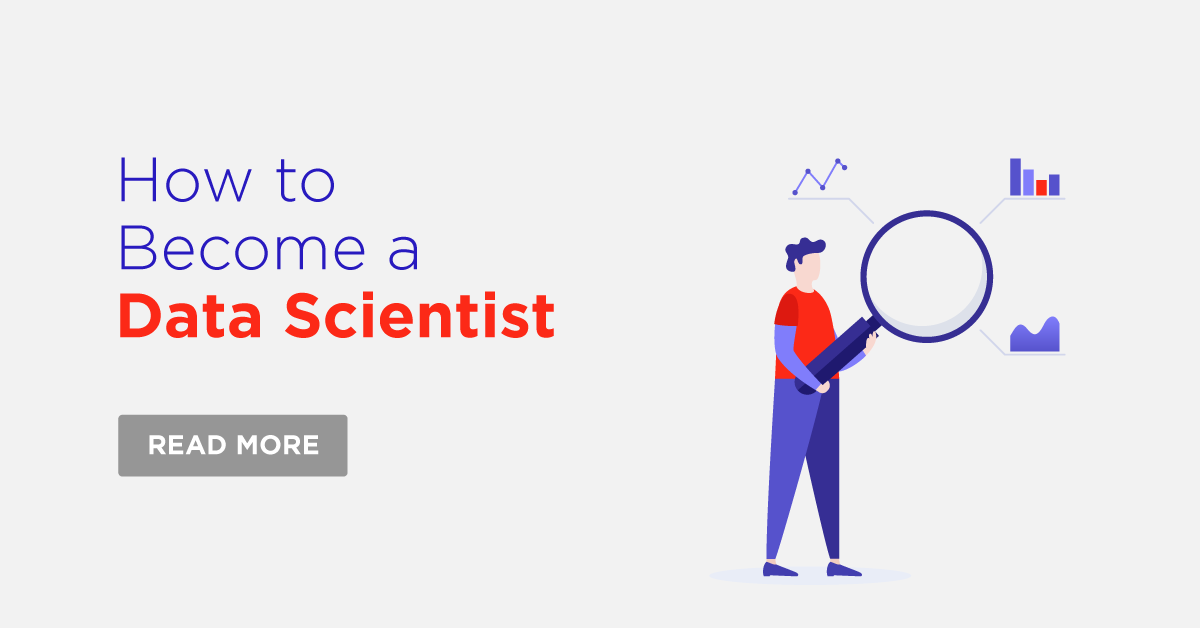
As a small business owner in the competitive staffing industry,every advantage counts. Your clients expect top-notch service, finding themquality candidates quickly, while job seekers want expedient placement inrewarding roles. Juggling it all with limited resources can feel overwhelming.
Fortunately, artificial intelligence is creating newpossibilities for agencies of all sizes to work smarter, not just harder. SophisticatedAI tools are entering the market to automate routine tasks, screen candidatesmore efficiently, and provide valuable data insights. With suitableapplications, AI could help lift significant burdens off your plate. That freesyou to focus on higher-level responsibilities like client relations, candidatenurturing, and strategic planning.
This article will explore how forward-thinking staffingbusinesses leverage AI technologies today. From automated administrativefunctions to skills-based matching and analytics, I'll share practical examplesof innovations that could boost your productivity and empower you to succeedtremendously. These fresh perspectives provide a starting point for evaluatingnew AI-driven approaches tailored to your unique organization. Let's getstarted!
Significance Of AIIn The Staffing Industry
Artificial intelligence (AI) is revolutionizing the staffingindustry by helping companies find top talent faster and more efficiently. AItools can prescreen candidates, analyze resumes, and identify the best matchesfor job requirements based on skills and experience. This allows staffing firmsto spend less time on administrative tasks and more time serving clients andcandidates.
AI is especially useful for sorting through large volumes ofapplications. As the labor market tightens, it's becoming harder to manuallyreview every resume. AI streamlines this process by automatically extractingkey data from resumes and providing a shortlist of top prospects. Staffingfirms using AI report up to 30% reductions in time-to-hire. The technologyevaluates candidates more objectively than humans alone, reducing biases inhiring decisions.
AI is still no replacement for human judgment, but it frees upstaffing professionals to focus on the soft skills, cultural fit,problem-solving and interpersonal skills that are difficult for algorithms toassess. When used appropriately, AI gives small staffing businesses powerfultools to stay competitive in a rapidly changing industry.
Challenges FacedBy Small Staffing Businesses
Running a small staffing agency comes with its own unique set ofchallenges. Finding new clients and winning contracts can be difficult comparedto larger competitors with more resources. It's also a constant effort toattract talented job seekers in a highly competitive labor market.
- Limited budgets mean less spending on marketing, technology, and hiring additional recruiters.
- Difficult to achieve economies of scale when client and candidate volume is smaller.
- Hard to compete with multinational staffing corporations that have established brands and deep pockets.
- Staying on top of constantly changing regulations, best practices, and industry trends requires ongoing education.
- Providing a wide range of specialist staffing services across multiple sectors can strain the capabilities of a lean operation.
However, small sizes also afford greater flexibility andlocalization. With strategic use of AI to boost efficiency and analytics,smaller staffing firms can overcome scalability challenges and find theirniche.
How AI Can Help SmallStaffing Business
Artificial intelligence offers powerful tools to help smallstaffing businesses overcome common challenges through automation, datainsights and enhanced recruiting capabilities. The following section examineshow AI can help at different stages of the staffing process.
Automateroutine tasks
One of the most considerable time sucks for any staffing agencyis doing repetitive administrativework like data entry, scheduling interviews, and answering basic candidatequestions. Fortunately, AI chatbots and virtual assistants can handle many ofthese routine tasks with minimal human oversight. Look for chatbots that cananswer common questions via text or voice, schedule appointments directly inyour calendar, and even perform essential candidate screening. Virtualassistants powered by AI can scan resumes, extract relevant data, and populateyour applicant tracking system. Automating these mundane tasks allows your staffto spend more time on higher-level work, like sourcing candidates, negotiatingdeals, and nurturing client relationships.
Savetime screening candidates
As a small business, you need more resources to do lengthy phoneinterviews with every applicant. AI-powered skills assessments and videointerviews can help you evaluate candidates more efficiently. For remote roles, asynchronous video interviews allowapplicants to record responses to your questions at their convenience. AIalgorithms then analyze videotaped responses for verbal and non-verbal cuesthat predict how someone might perform on the job. You can review summariesinstead of watching hours of raw footage. Screening candidates through AIenables you to focus more quickly on the top prospects who are genuinelyqualified and motivated for the roles you have available.
Luckily, AI-powered tools are emerging that can help screencandidates more efficiently. Video interview platforms allow candidates torecord video responses to your pre-set questions on their schedule. Then, AIalgorithms analyze verbal and non-verbal cues in the videos to identify topprospects quickly. You get summaries instead of hours of raw footage to review.
Match candidates to jobs seamlessly
Manually matching resumes to specific job requisitions can getoverwhelming when processing high applicant volumes. Leverage AI-poweredcandidate matching to streamline this process. Systems like Stitch can ingestjob descriptions and resume databases to automatically surface the mostrelevant candidates for your roles based on skills, experiences, and otherattributes. You may also find tools that extract competencies from resumesusing natural language processing (NLP) and match candidates to occupationsbased on O*NET codes. Let AI handle the initial screening so you can spend moreeffort reaching out proactively to qualified individuals and filling yourpipeline. The right matchmaking tools can save you countless hours whileimproving your chance of making perfect hires.
To streamline matching, explore AI-powered systems that caningest job descriptions and resume databases. Advanced algorithms then identifythe top candidates for each role based on skills, experience levels, and otherattributes. Natural language processing techniques extract competencies fromunstructured resume text for easy matching against structured job requirementdata.
Analyze data for insights
All the candidate and hiring activity happening through yourapplicant tracking system (ATS) and CRM generates valuable data. But as a small agency, you likely don't havethe analytics expertise or capacity to mine those numbers for actionableperspectives. Consider partnering with an AI-powered talent platform to gleanincredible intelligence from your existing software systems.
Advanced algorithms can surface trends like which sources andlocations produce top talent, how long different hiring processes take, andwhich hiring managers have the highest placement rates. Armed with theseinsights, you'll be empowered to streamline operations, prioritize your mostproductive resources, optimize spending, and focus sales efforts, helping yourun a more data-driven, client-centric business.
Partnering with an AI-powered talent platform allows you to mineyour existing software systems effortlessly. Advanced algorithms identifypatterns and correlations that would be impossible for humans to findindependently. You gain perspective into what applicant sources, locations,hiring managers, and other factors correlate with top performance.
Data may show one recruiter consistently fills roles 25% fasterthan peers. Or those passive candidates who complete niche skills assessmentsare 38% more likely to accept offers. Armed with these kinds of actionable discoveries,you can optimize processes accordingly. AI helps transform assorted clicks andnotes into targeted strategies that streamline operations and enhanceeverything from candidate satisfaction to client renewal rates. With advancedanalytics assisting in the background, leverage the total value of informationalready at your fingertips. Let AI power your transformation into aresults-driven, data-guided business.
Conclusion
Leveraging AI'sautomation, matching, screening, and analytics capabilities presents atremendous opportunity for small staffing companies seeking new paths to growthand efficiency. Start small by tackling some initial pain points, measure anyimpacts, and reinvest gains into expanding your uses of artificial intelligenceover time. The right tech deployments can lift huge burdens off your shouldersso you can get back to doing what you love – finding great talent and buildingcareers. We hope these ideas provide a positive roadmap for how your agency can empower itselfthrough artificial intelligence.
While thetechnologies may seem intimidating, starting small with one or two pilotprojects can lift significant burdens off overworked teams. Measure impacts tosee actual cost and time savings that you can reinvest into furtheroptimization. As AI tools evolve rapidly, explore new applications tailored toyour pain points and business goals. Forward-thinking agencies are partneringwith tech companies to co-create customized solutions. Remember that the endgoal is empowering your organization, not replacing human Work. AI augmentswhat recruiters and hiring managers do best - building human connections andmaking the proper cultural fits.
Keep learningfrom innovative peers to stay on top of industry shifts. Most importantly,focus AI on enhancing candidate and client experiences, the lifeblood of anystaffing business. Small changes using the right technologies can snowball intooutsized benefits like accelerated growth or improved client retention. Thisoverview provides ideas to start benefiting from artificial intelligence in away that works for your unique operation. The future remains bright foradaptive firms that leverage all available advantages.

_Expert.png)
